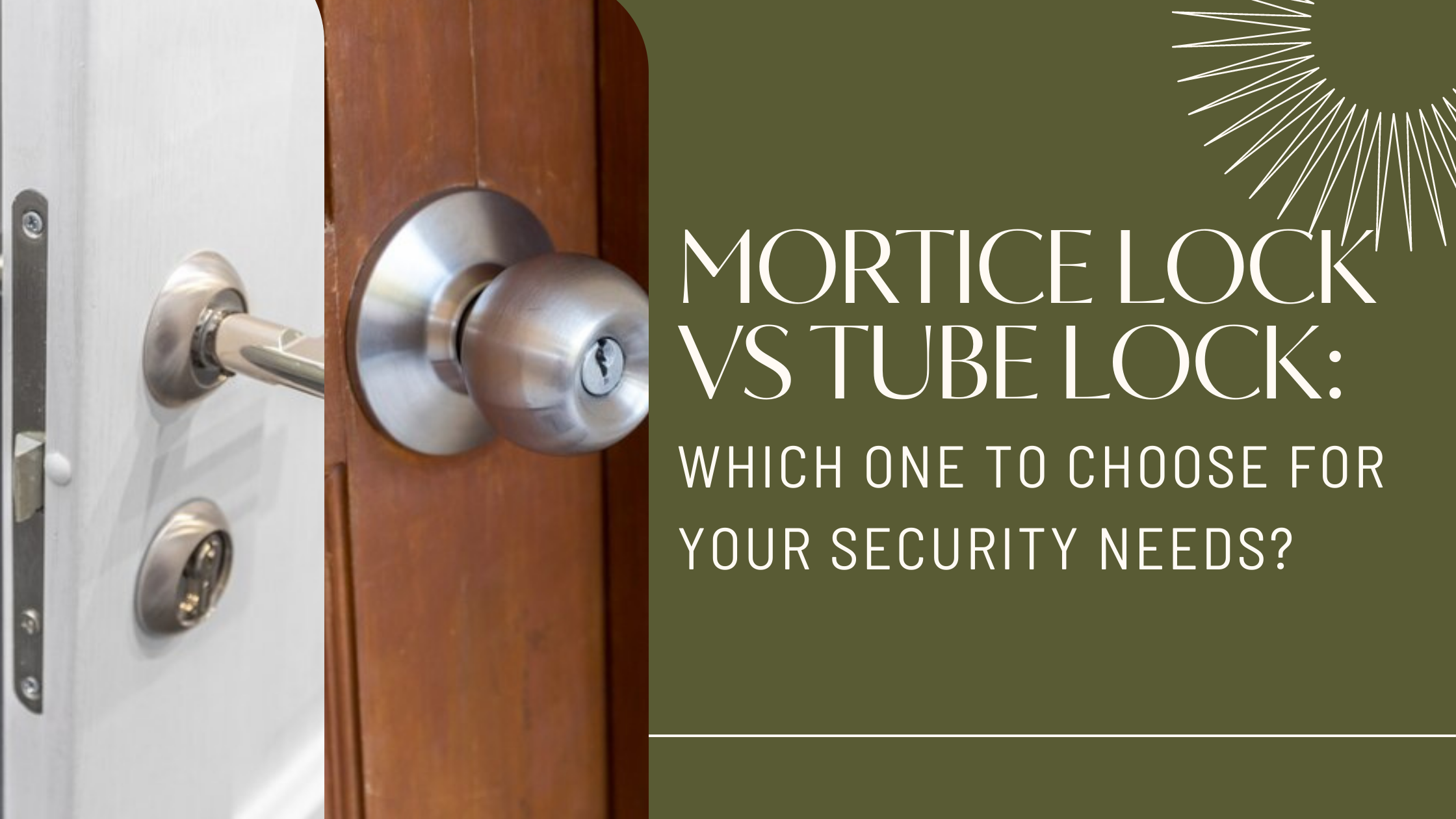Table of Contents
ToggleThe Evolution of Door Lock Technology: From Mechanical to Magnetic and Electronic
The technology behind door locks has come a long way in the last few decades. The standard mechanical lock and key have been around for centuries, but they have evolved into more advanced and secure versions like magnetic and electronic locks. With technological advancements, businesses and homeowners have a variety of options for securing their doors.
The Benefits of Magnetic Door Locks
Magnetic locks are a type of electronic lock that uses magnetism to keep doors locked. These locks are commonly used in commercial settings because they offer several benefits over traditional mechanical locks.
Magnetic locks are durable and require less maintenance compared to other types of locks. They are also more secure as they don’t have a keyhole to pick. They can be easily integrated with other security systems, and they provide quick and easy access for authorized individuals. They also have a fail-safe feature, which means they will automatically unlock in case of an emergency.
However, magnetic locks do have some disadvantages. They require a continuous supply of electricity to remain locked, and they can be more expensive than traditional mechanical locks. They may also be more difficult to install and require professional assistance.
The Advantages of Electronic Door Locks
Electronic door locks are another type of door lock technology that offers many advantages over mechanical locks. These locks use an electronic system to control access to doors. They can be operated with a keypad, a key card, or a smartphone app.
One of the main benefits of electronic locks is that they can be easily integrated into a security system. They can also be programmed to provide access to specific individuals and at specific times. This feature is particularly useful in commercial settings where access control is essential.
Electronic locks are also more secure than traditional locks as they can’t be picked, and they have a tamper-proof mechanism. They are also easier to maintain and can be remotely controlled and monitored.
However, electronic locks do have some downsides. They can be more expensive than traditional locks, and they may require a continuous power supply to remain operational. They may also be more complex to install and may require professional assistance.
Which Type of Door Lock Technology is Right for You?
Deciding which type of door lock technology to choose can be challenging. Both magnetic and electronic locks offer superior security and convenience over traditional mechanical locks, but each has its unique features and disadvantages.
Magnetic locks are ideal for businesses that require a high level of security and access control. They are particularly useful in high traffic areas, such as hospitals, schools, and government buildings. They are also suitable for exterior doors that require frequent access, such as entrance doors.
On the other hand, electronic locks are more suitable for businesses that require a high level of flexibility and convenience. They are particularly useful in offices, hotels, and other commercial settings where access control is essential. Electronic locks are also ideal for businesses that have multiple locations and require centralized control.
Conclusion
Door lock technology has come a long way in recent years, offering businesses and homeowners a range of options for securing their premises. Magnetic and electronic locks are two of the most advanced and secure types of locks available. They offer several benefits over traditional mechanical locks, including superior security and access control.
Magnetic locks are durable and require less maintenance compared to other types of locks, while electronic locks are more flexible and convenient. Both types of locks have their unique advantages and disadvantages, and the right choice depends on the specific needs of your business.




